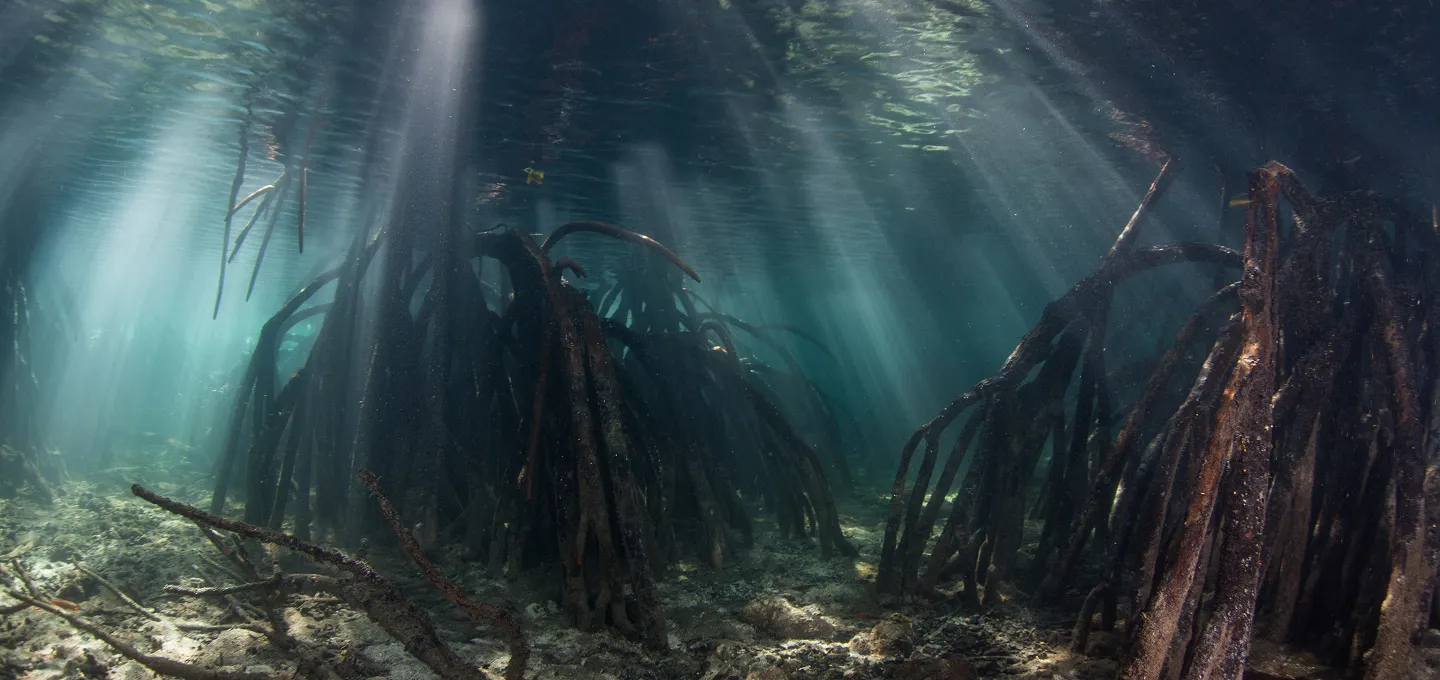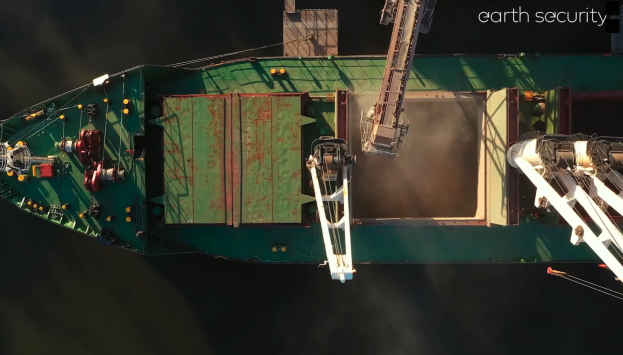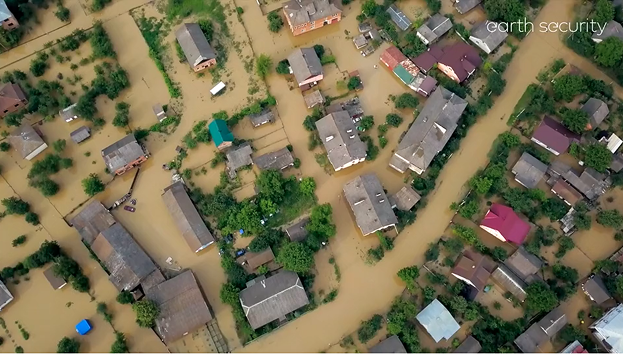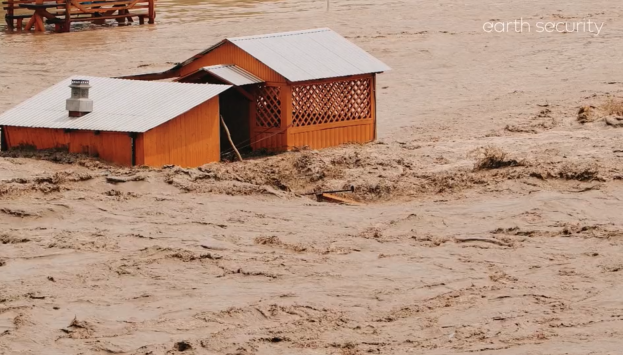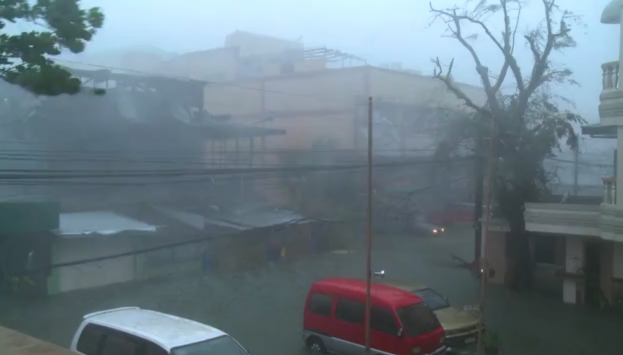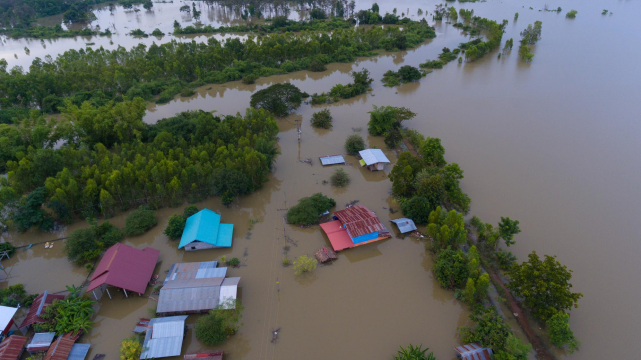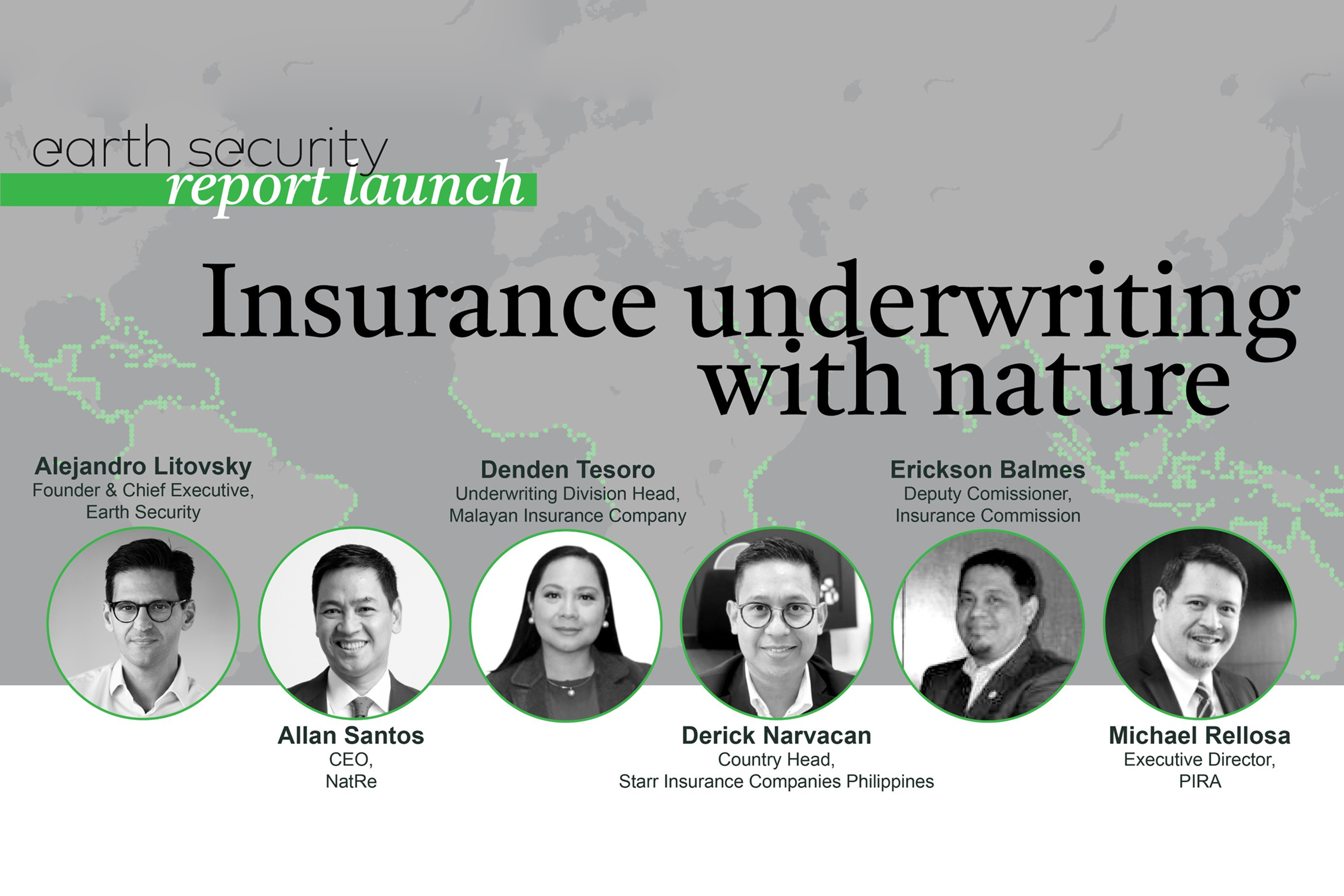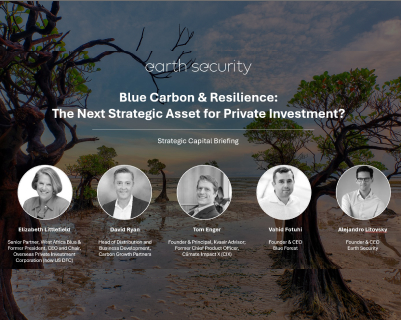Earth Security convened a group of partners and leading impact finance institutions to discuss how to mobilise finance to the world’s most climate-vulnerable countries, in a way that aligns with climate targets but also delivers tangible development benefits in line with the sustainable development goals (SDGs). The meeting was the first of a series of quarterly sessions as part of Earth Security's 2020 research programme. The program will create a series of investment proposals that can hit both carbon mitigation and climate adaptation/vulnerability targets on a global scale, to be launched at COP26 in Glasgow later this year.
The discussion underscored a critical challenge in the impact finance architecture: Climate change and environmental challenges dominate investor concerns, while there are only 10 years to go to achieve the UN Sustainable Development Goals. The growth of SDG-related investment products is not scaling fast enough in secondary financial markets. New thinking and investment mechanisms are needed that deliver investor returns while addressing these planetary trends.
According to a recent study by the UN Capital Development Fund, only 6% of global private finance facilitated by multilateral development institutions is reaching the poorest and most vulnerable countries. From increasing gender access and equality, to building skills and jobs for growing young populations, these investments must also contend with the growing imperative to build resilience to climate change, halt the catastrophic loss of ecosystems and species. The finance sector needs to be able to identify and develop more ‘systemic’ investment products that focus on measurable impacts on a cross-regional, planetary scale.
The meeting discussed Earth Security's recent global proposals and report on financing large-scale production of sustainable food, and the definition of ‘rice bonds’ as a practical example of the type of financial innovations needed to scale solutions that integrate mitigation, adaptation and social progress on a planetary scale.
Participants included banks, investment funds, companies and governments, including: Equinor, Actis, Nordea, Rabobank, DWS, Standard Chartered Bank, London Stock Exchange, M&G Investments, Mastercard, UBS Optimus Foundation, Children’s Investment Fund Foundation, Shell Foundation, Acumen, Calvert Impact Capital, Social Finance UK, ChangeSquare, Wilmore Finance, Earth Capital Partners, among others.

The panel [pictured]:
- Ben Constable-Maxwell, Head of Sustainability and Impact Investing, M&G Investments.
- Judith Karl, Executive Secretary, UN Capital Development Fund (UNCDF).
- David Croft, Global Director of Sustainability, RB.
- Serina Ng, Head of Responsible and Inclusive Business, Deputy Head of Private Sector Department, DFID.
- Alejandro Litovsky, CEO Earth Security (Chair)
Explore the reports
The Earth Security Index Reports provided in-depth analysis of critical themes across selected industries and market geographies, enabling investors to anticipate and respond to emerging global dynamics. Download and explore the full Earth Security Index reports:






